Filter by
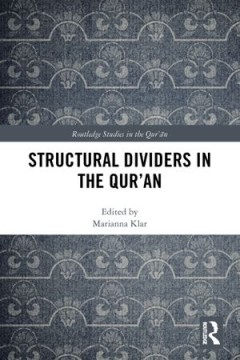
Structural Dividers in the Qur'an
This volume showcases a wide range of contemporary approaches to the identification of literary structures within Qur’anic surahs. Recent academic studies of the Qur’an have taken an increasing interest in the concept of the surah as a unity and, with it, the division of complete surahs into consecutive sections or parts. Part One presents a series of case studies focussing on individual Qu…
- Edition
- 1
- ISBN/ISSN
- 9781000210545
- Collation
- -
- Series Title
- -
- Call Number
- 297 STR s

Militant Jihadism: Today and Tomorrow
Jihadist militants keep being a global threat. Many observers suggest that a transformation is likely to happen in their organisation, operation, mobilisation, and recruitment strategies, particularly after the territorial decline of the “Caliphate” of the “Islamic State.” This volume explores different aspects of the future trajectories of militant jihadism and the prospective transfor…
- Edition
- Vol. 6.0
- ISBN/ISSN
- 9789461663023
- Collation
- -
- Series Title
- -
- Call Number
- 297.46 MIL m
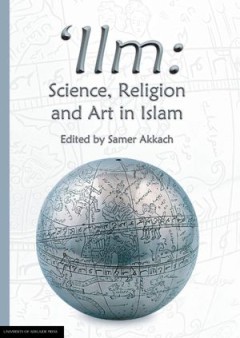
Ilm: Science, Religion and Art in Islam
This edited volume of chapters resulted from an international conference held at the University of Adelaide in July 2016 under the same title to explore the multifaceted concept of ʿilm in Islam — its agency and manifestations in the connected realms of science, religion, and the arts. The aim is to explore the Islamic civilisational responses to major shifts in the concept of ‘knowledge�…
- Edition
- -
- ISBN/ISSN
- 9781925261769
- Collation
- -
- Series Title
- -
- Call Number
- 297.673 ILM i
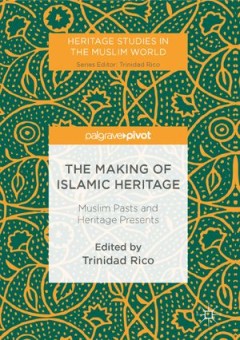
The Making of Islamic Heritage: Muslim Pasts and Heritage Presents
diversity; architecture; culture; vulnerability; conservation
- Edition
- -
- ISBN/ISSN
- 9789811040702
- Collation
- -
- Series Title
- -
- Call Number
- 297.432 RIC m
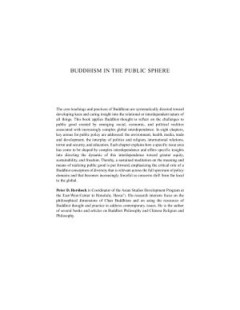
Buddhism in the Public Sphere
The core teachings and practices of Buddhism are systematically directed toward developing keen and caring insight into the relational or interdependent nature of all things. Hershock applies Buddhist thought to reflect on the challenges to public good, created by emerging social, economic, and political realities associated with increasingly complex global interdependence. In eight chapters, t…
- Edition
- -
- ISBN/ISSN
- 9780203970126
- Collation
- -
- Series Title
- -
- Call Number
- 294.3 HER b

The Islamic Traditions of Cirebon: Ibadat and Adat Among Javanese Muslims
Cirebon; Rituals; Islam; Muslims; Indonesia
- Edition
- -
- ISBN/ISSN
- 9781920942311
- Collation
- -
- Series Title
- -
- Call Number
- 297 MUH i
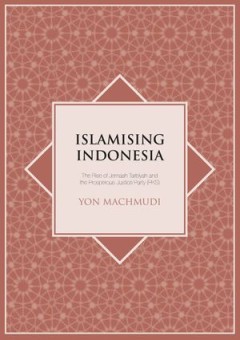
Islamising Indonesian: The Rise of Jemaah Tarbiyah and the Prosperous Justice…
The Prosperous Justice Party (PKS) is the most interesting phenomenon in contemporary Indonesian politics. Not only is it growing rapidly in membership and electoral support, it is also bringing a new and markedly different approach to Islamic politics, one which has no precedent in Indonesian history. Understanding PKS and analysing its political behaviour presents challenges to scholars and o…
- Edition
- -
- ISBN/ISSN
- 9781921536250
- Collation
- -
- Series Title
- -
- Call Number
- 297 MAC i
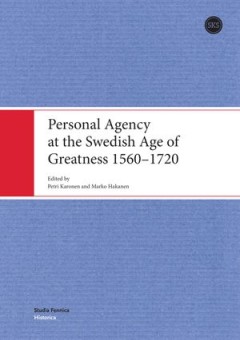
Personal Agency and Swedish Age of Greatness 1560-1720
Internationally, the case of early modern Sweden is noteworthy because the state building process transformed a locally dispersed and sparsely populated area into a strongly centralized absolute monarchy and European empire at the beginning of the 17th century. This anthology provides fresh insights into the state-building process in Sweden. During this transitional period, many far-reaching ad…
- Edition
- -
- ISBN/ISSN
- 9789522228826
- Collation
- -
- Series Title
- -
- Call Number
- 948.5

Competition and Cooperation in Social and Political Sciences Proceedings of t…
The book contains essays on current issues in Social and Political Sciences, such as the issues of governance and social order; social development and community development; global challenges and inequality; civil society and social movement; IT-based community and social transformation; poverty alleviation and corporate social responsibility; and gender issues.
- Edition
- -
- ISBN/ISSN
- 9781138626768
- Collation
- -
- Series Title
- -
- Call Number
- 300 RUK c
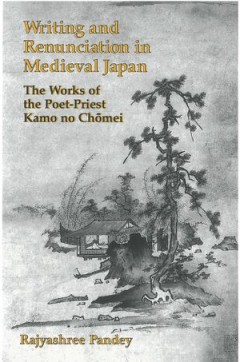
Writing and Renunciation in Medieval Japan: The Works of the Poet-Priest Kamo…
This is the first monograph-length study in English of Kamo no Chomei, one of the most important literary figures of medieval Japan. Drawing upon a wide range of writings in a variety of genres from the Heian and Kamakura periods, Pandey focuses on the terms kyogen kigo (wild words and fancy phrases), shoji soku nehan (samsara is nirvana), hoben (expedient means), and suki (single-minded devoti…
- Edition
- -
- ISBN/ISSN
- 9780472901890
- Collation
- -
- Series Title
- -
- Call Number
- 909.81 PAN w
 Computer Science, Information & General Works
Computer Science, Information & General Works  Philosophy & Psychology
Philosophy & Psychology  Religion
Religion  Social Sciences
Social Sciences  Language
Language  Pure Science
Pure Science  Applied Sciences
Applied Sciences  Art & Recreation
Art & Recreation  Literature
Literature  History & Geography
History & Geography